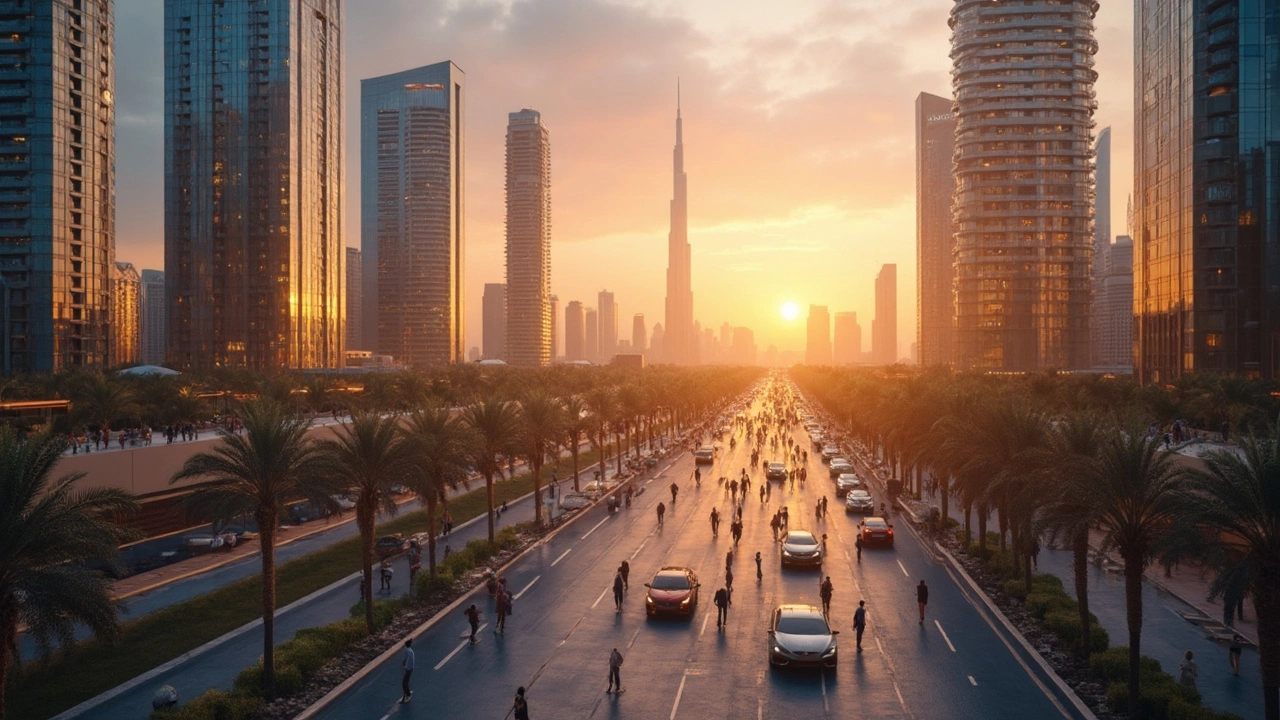Business Zones in Dubai – Quick Guide
If you’re looking to set up a company or find an office in Dubai, you’ll quickly notice the city is split into several specialist zones. Each zone targets a different industry, offers its own tax perks, and has handy transport links. Below you’ll get the basics you need to decide where to work.
Major Business Hubs You Should Know
Dubai International Financial Centre (DIFC) is the go‑to spot for banks, law firms, and asset managers. It feels like a mini‑city with its own courts, a free‑zone status, and a vibrant dining scene. Office space here is pricey but comes with a solid reputation.
Dubai Media City (DMC) houses broadcasters, advertising agencies, and PR firms. The vibe is creative, and the cost is lower than DIFC. You’ll find many co‑working spaces that cater to startups.
Dubai Internet City (DIC) serves tech and IT companies. Big names like Microsoft and Google have regional hubs here. The zone offers fast internet infrastructure and easy visa processes for tech talent.
Jebel Ali Free Zone (JAFZA) is the biggest industrial hub. It’s perfect for manufacturers, logistics firms, and exporters. With its own port and airport access, shipping goods is smooth and cheap.
Dubai Silicon Oasis (DSO) blends residential and tech‑focused office space. It’s ideal for hardware startups and R&D labs because of its on‑site university and labs.
Business Bay sits right next to downtown and offers high‑rise offices for a range of sectors. It’s well‑connected by the metro and close to hotel conferences.
Al Quoz is the industrial art district. It’s cheaper, with warehouses that double as creative studios, making it popular with design firms and craftsmen.
Choosing the Right Zone for Your Business
Start by matching your industry to the zone’s focus. Finance? DIFC. Media? DMC. Tech? DIC or DSO. If you need heavy import/export, JAFZA is the clear winner.
Next, think about cost. Free‑zone licenses are often cheaper than mainland licenses, and many zones let you own 100% of your company. However, office rent can vary a lot. DIFC and Business Bay command premium rates, while Al Quoz and DSO offer budget‑friendly options.Consider the talent pool. Zones with universities or training centers (like DSO) make it easier to recruit fresh graduates. Areas close to metro stations (DIFC, Business Bay) help employees with daily commutes.
Finally, look at your long‑term plans. If you aim to expand across the UAE, a mainland license might be better. If you want to stay focused on a niche market, staying inside a free zone keeps things simple.
Bottom line: Dubai’s business zones are designed to match the city’s fast‑moving economy. Pick the one that fits your industry, budget, and growth goals, and you’ll be set up for success without unnecessary hassle.
-
 VIEW POST
VIEW POSTFree Zone in Dubai: What It Means for Escorts
Jun, 12 2025|0 CommentsCurious about free zones in Dubai and what they mean for escort services? This article explains what a free zone is, how it operates in Dubai, and the real implications for those involved in the escort scene. With local laws being different from what you might expect, it's important to know what truly happens inside Dubai's free zones. You'll find practical tips and facts to stay informed and safe.